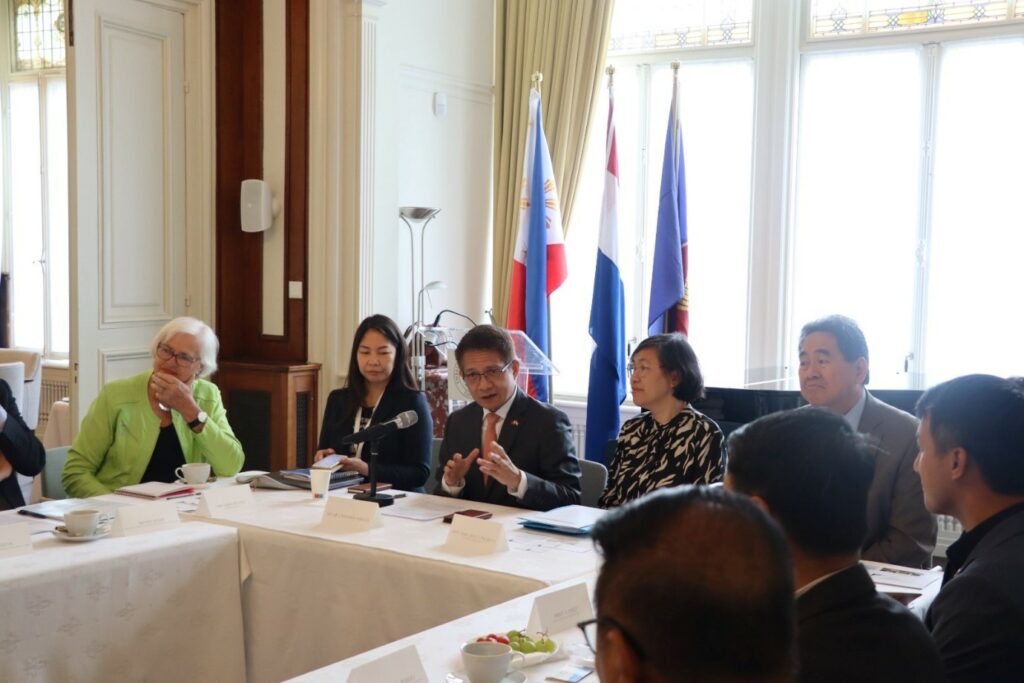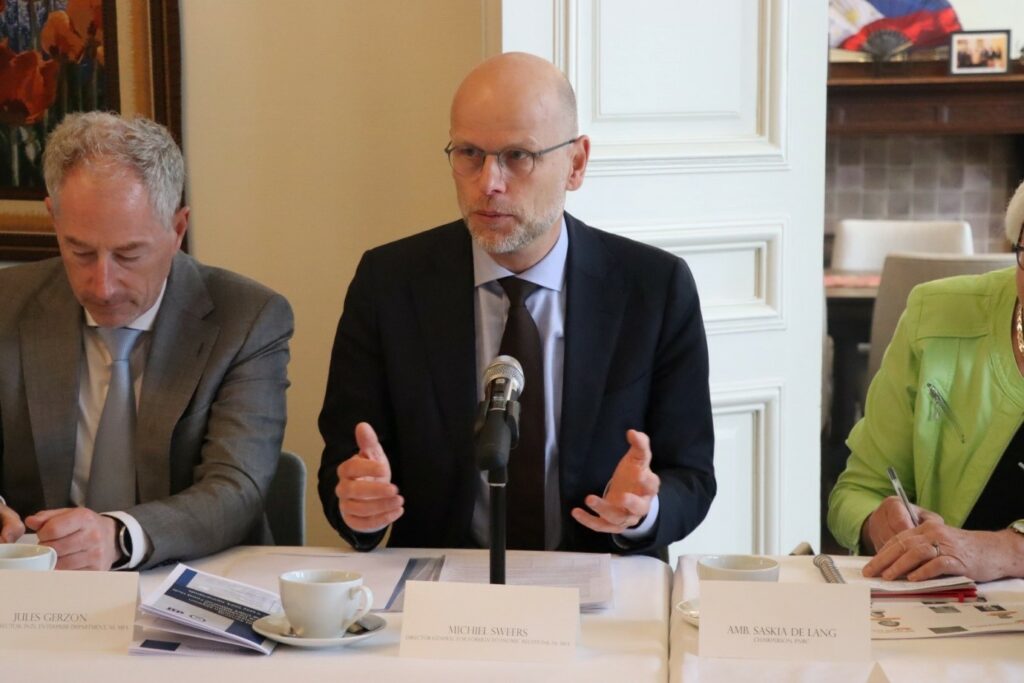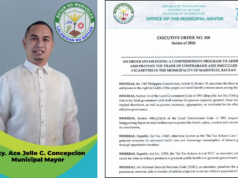The Hague, Netherlands—The Philippine government met with Dutch officials on May 08 to discuss best practices for establishing the Clark National Food Hub. Led by DTI Undersecretary Mary Jean Pacheco together with Cagayan de Oro City Representative Rufus Rodriguez, Vice Chairperson of the House Committee on Trade and Industry, and Clark International Airport Corporation (CIAC) President Arrey Perez; this high-level meeting highlights the government’s commitment to food security.
“The goal is to ensure a more efficient supply chain that will make food accessible, available, and affordable for the Filipino. The best way to do that is to learn from the best,” Undersecretary Pacheco emphasized.
Last August 2023, President Ferdinand R. Marcos Jr. approved the Three-year Food Logistics Action Agenda presented by DTI Secretary Fred Pascual that sought to revolutionize the food distribution network. The establishment of a National Food Hub in Clark is an actualization of the plan.
“Aligned with the President’s goal of ensuring food security, this initiative will empower our farmers and the private sector, as well as strengthen our supply chain and logistics systems,” said the DTI chief.
During the discussion, Representative Rodriguez said that, “Establishing a National Food Hub holds immense potential benefits, from enhancing food security and stabilizing prices to promoting economic growth and fostering social stability.”
The statement was further supported by CIAC President Perez as he emphasized that Clark is honored to pioneer such future-proofed food hub, following the vision of the President.

Meanwhile, Philippine Ambassador to the Netherlands J. Eduardo Malaya received the delegation, and Commercial Counsellor Magnolia Misolas-Ashley facilitated discussions with Dutch officials, as led by Director-General for Foreign Economic Relations Michiel Sweers, Deputy Director Jules Gerzon, and Special Agriculture Envoy Frederik Vossenaar.
“The Netherlands—as the world’s second largest exporter of agricultural and agriculture-related products, and consistently recognized as a premier logistics hotspot in Europe, consistently ranking high at the World Bank Logistics Performance Index—is an ideal partner for this endeavor,” Ambassador Malaya noted.

Director-General Sweers shared the Netherlands’ robust agricultural sector and innovative agrologistics capabilities. He said, “As a center of excellence in trade facilitation and technological innovation in the world, you are in the right place.”

Further, Chair Saskia de Lang of the Philippine-Netherlands Business Council (PNBC) moderated the forum, with Aspire Asia CEO Matthys van der Lely sharing expertise in food hub establishment in Thailand, Indonesia, and the Philippines.
“We are pleased to be part of this initiative and to lend our expertise in this area,” Chair de Lang added.
The Philippine delegation, comprised of officials from DTI, Department of Agriculture, CIAC, Bases Conversion and Development Authority, and the House of Representatives, aims to learn from Dutch stakeholders how to shape the Clark National Food Hub’s development and foster partnerships for agricultural and logistics investments.
Dutch Agrologistics is a set of functions that ensure that the right product is delivered at the right time and under the right conditions to the customer while minimizing costs. At the core of agrologistics is the (post-harvest) logistics in the agro chain (of food and related products), including: technology for activities in this logistics chain (e.g., temperature control, processing, transportation, storage, packaging, handling, etc.); products and materials required for logistics of agro products; and services related to logistics and logistics management, transportation, quality control, quality management, transaction facilitation (e.g., auctions), information technology and management, and financing. END





